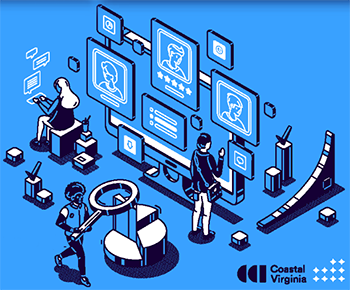Abstract
In the last thirty years, education has transformed faster than ever before. As a society we have developed new classroom technologies that allow for better communication and access to more information than ever before. However, at the same time, education seems rockier than ever before. Several major companies, including Tesla, Apple, Google and Netflix, no longer require a college degree for employment, and many companies, such as Amazon, Google, and Microsoft, have begun programs to train their own employees in skills and create their own certification programs to help employees learn necessary skills (Akhtar, O’Donnell). Why do these major corporations not rely on the tried-and-true models of education? What makes the classroom of the 21st century so different than the centuries past? What can colleges do to improve our education system to meet the needs of these employers?
Document Type
Paper
Disciplines
Adult and Continuing Education | Computer Sciences | Science and Mathematics Education
DOI
10.25776/z7wb-ad53
Publication Date
4-2022
Upload File
wf_yes
Included in
Adult and Continuing Education Commons, Computer Sciences Commons, Science and Mathematics Education Commons
A Technological Skills Gap: What Can We Do About It?
In the last thirty years, education has transformed faster than ever before. As a society we have developed new classroom technologies that allow for better communication and access to more information than ever before. However, at the same time, education seems rockier than ever before. Several major companies, including Tesla, Apple, Google and Netflix, no longer require a college degree for employment, and many companies, such as Amazon, Google, and Microsoft, have begun programs to train their own employees in skills and create their own certification programs to help employees learn necessary skills (Akhtar, O’Donnell). Why do these major corporations not rely on the tried-and-true models of education? What makes the classroom of the 21st century so different than the centuries past? What can colleges do to improve our education system to meet the needs of these employers?


